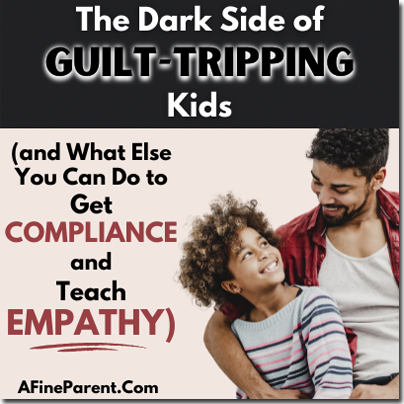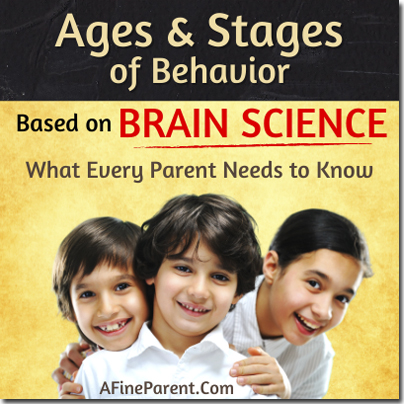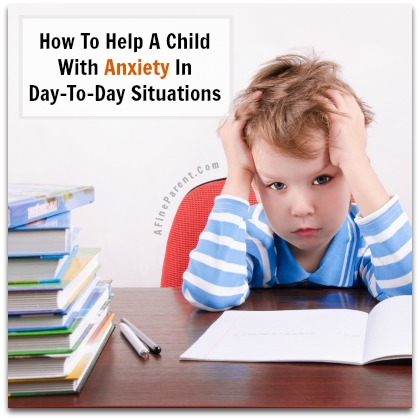 “I work all day to put a roof over your head, and you can’t even wash a few dishes?”
“I work all day to put a roof over your head, and you can’t even wash a few dishes?”
“I really thought you were more mature than that.”
“When you do that, you make me sad and disappointed. Do you really want to hurt my feelings?”
“Come ON. Don’t you know better than that?”
Do any of these sound familiar? How often do you intentionally (or unintentionally) say something like this to your kids?
A few weeks ago I told my daughter to get ready for soccer. While she is only seven, she is typically very responsive to directions and by far the most laid-back of my children. This particular day, however, she must have been bitten by the distraction bug as I found myself repeating the direction numerous times…with her still not dressed for soccer. I finally said, “Come on…I’m really disappointed that you are ignoring me and I expected more from you.”
She quickly disappeared in her room and emerged a few minutes later with her soccer uniform on… and tears in her eyes. Complete and total mom fail!
In reflecting on that moment, I realized that while my statement had the intention of jump-starting my daughter into following the direction and gaining quick compliance, it may have come with a cost. And while my intention was most certainly not to cause harm, I began to question if there could be long-term effects of using guilt-tripping as a normal method of obtaining compliance from children.
The more I thought about it, the more I wondered if this could potentially be one of the most used and unintentionally harmful methods of convincing our children to do something. [Read more…]
 How do you handle frustration?
How do you handle frustration? As a behavior specialist, I am keenly aware of how difficult it is to practice at home what I preach at work.
As a behavior specialist, I am keenly aware of how difficult it is to practice at home what I preach at work. We have been living in this bizarre version of life for 10 months.
We have been living in this bizarre version of life for 10 months. Will you do something for me? Humor me here.
Will you do something for me? Humor me here.